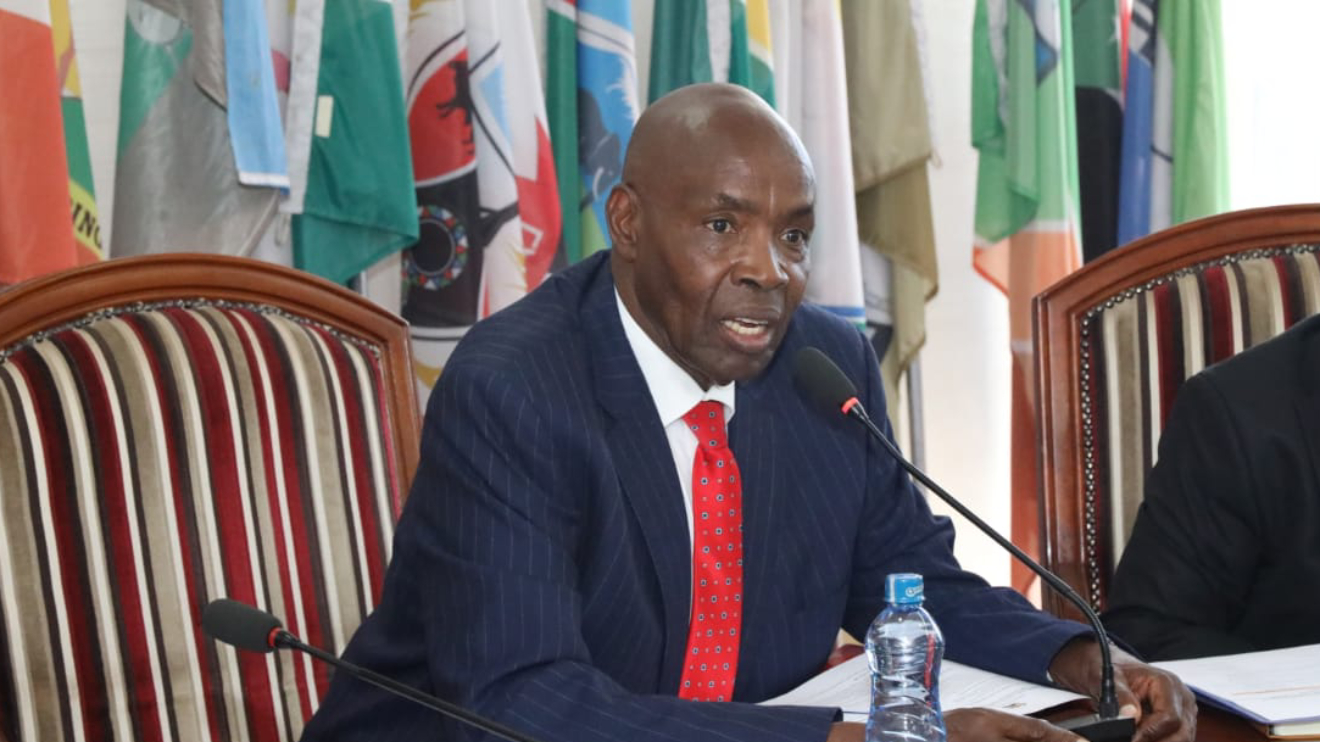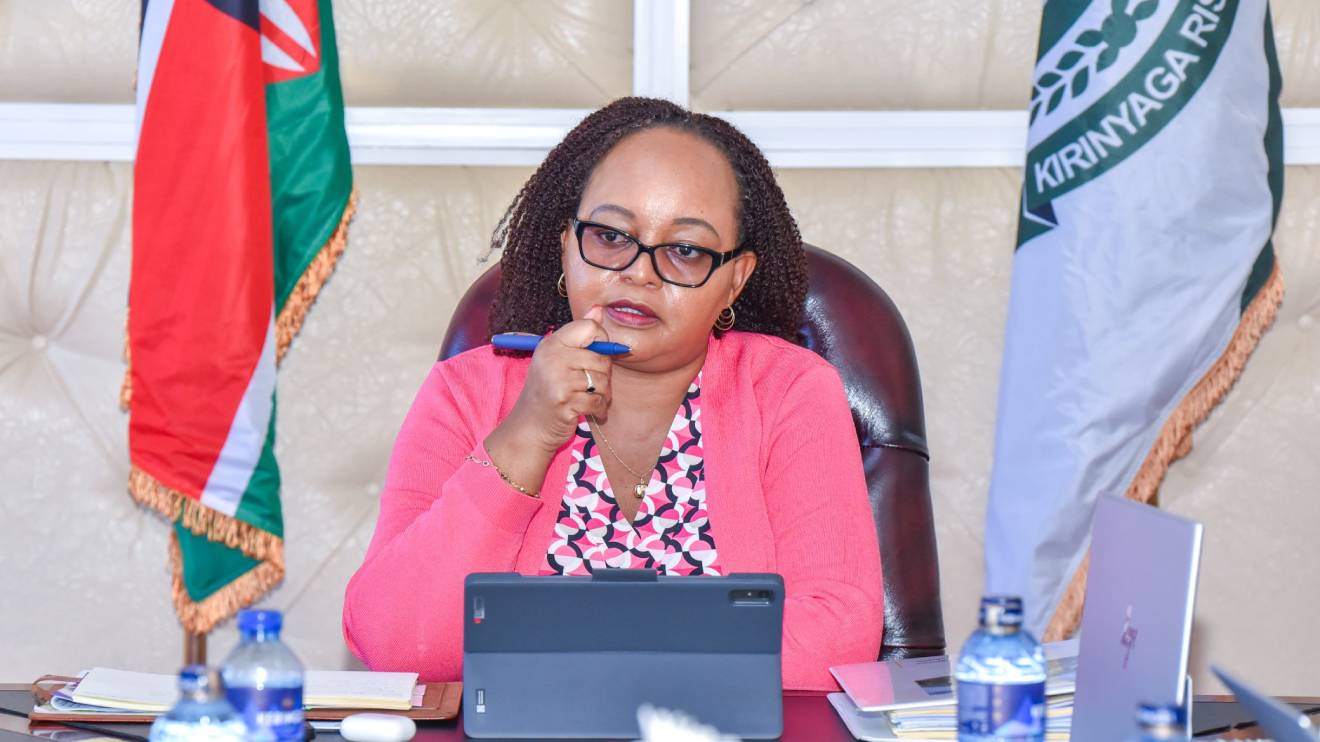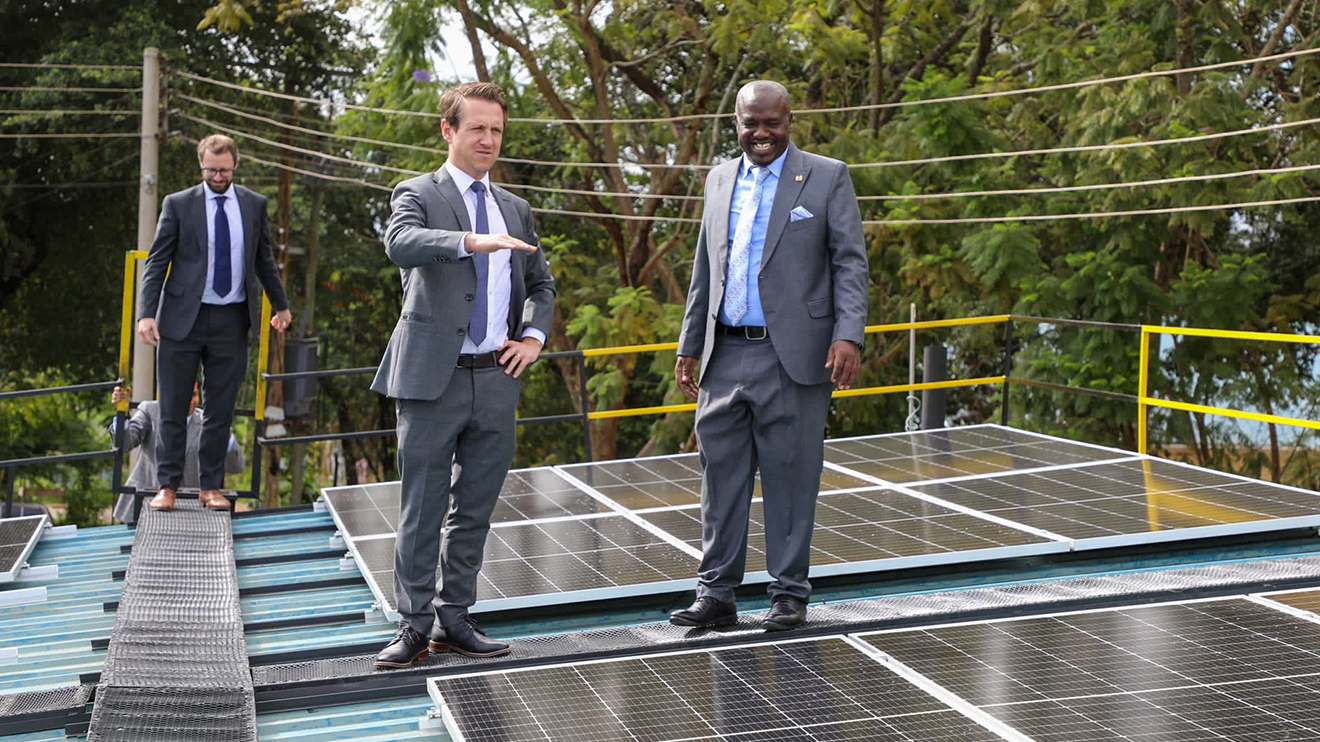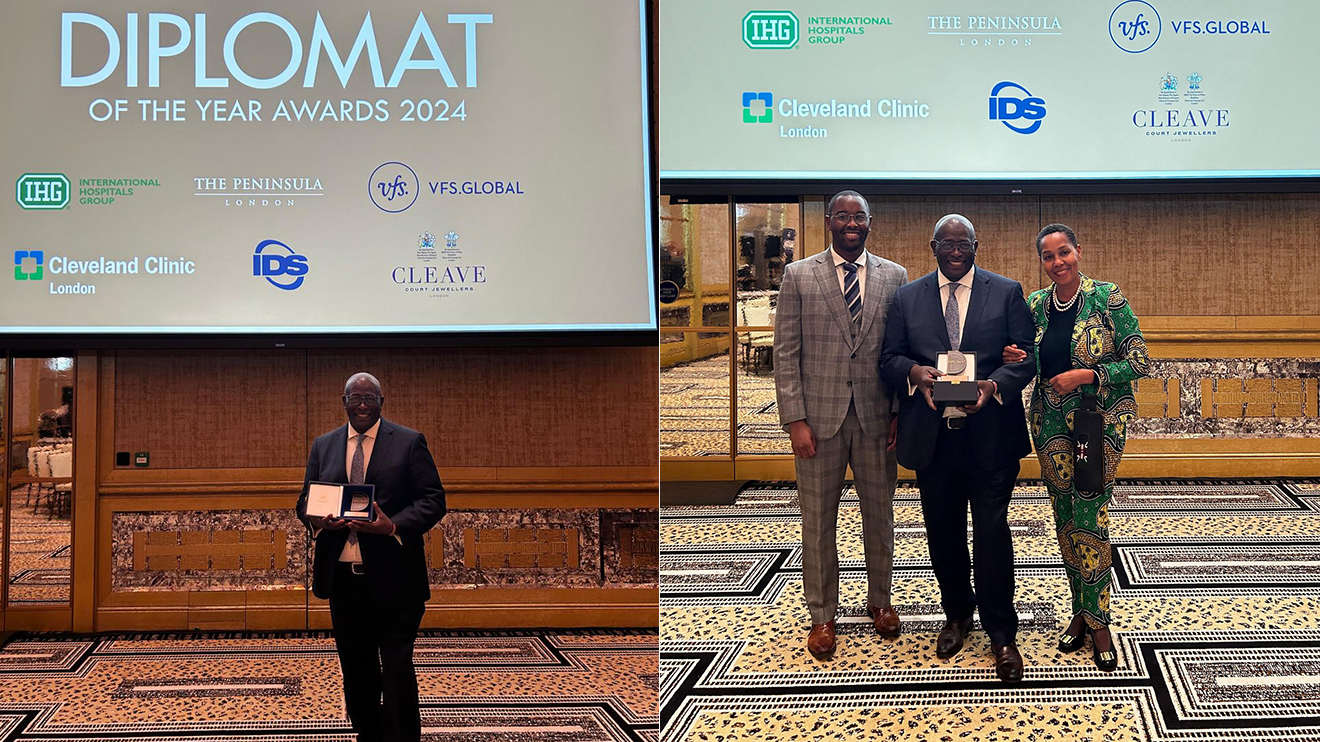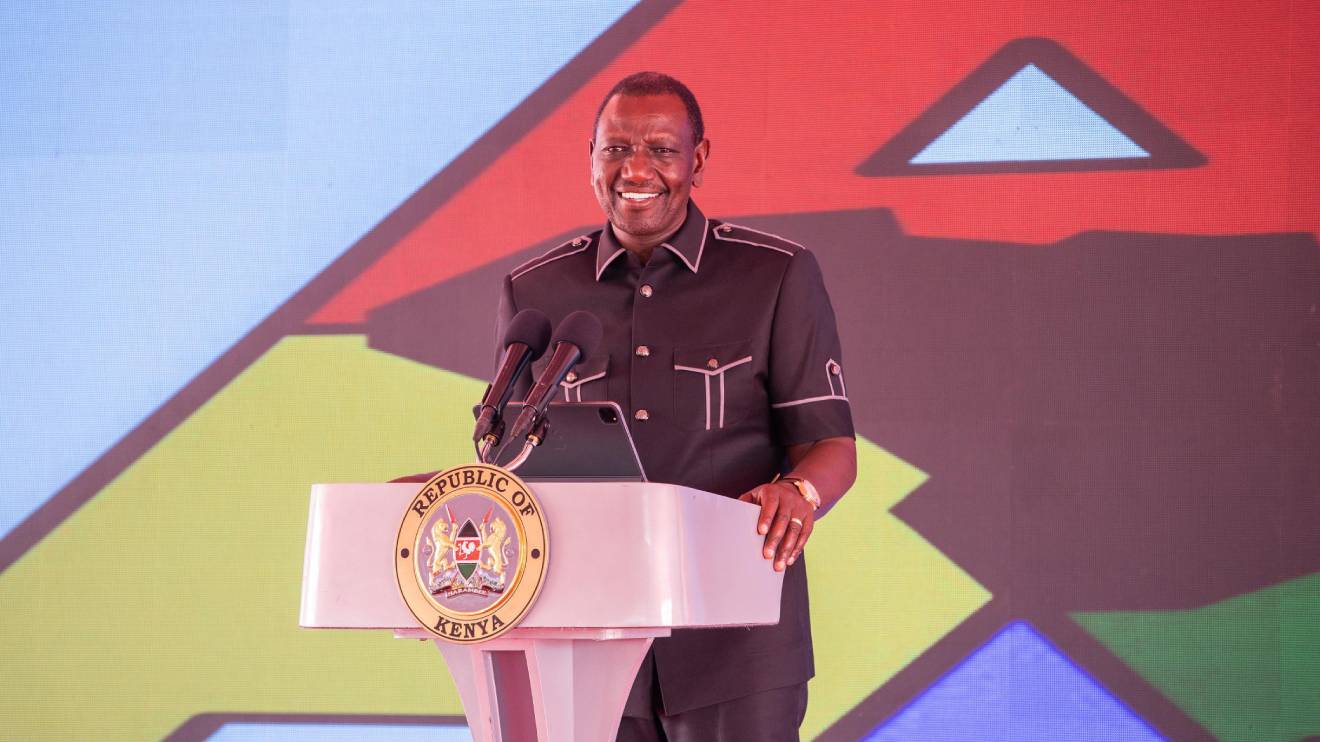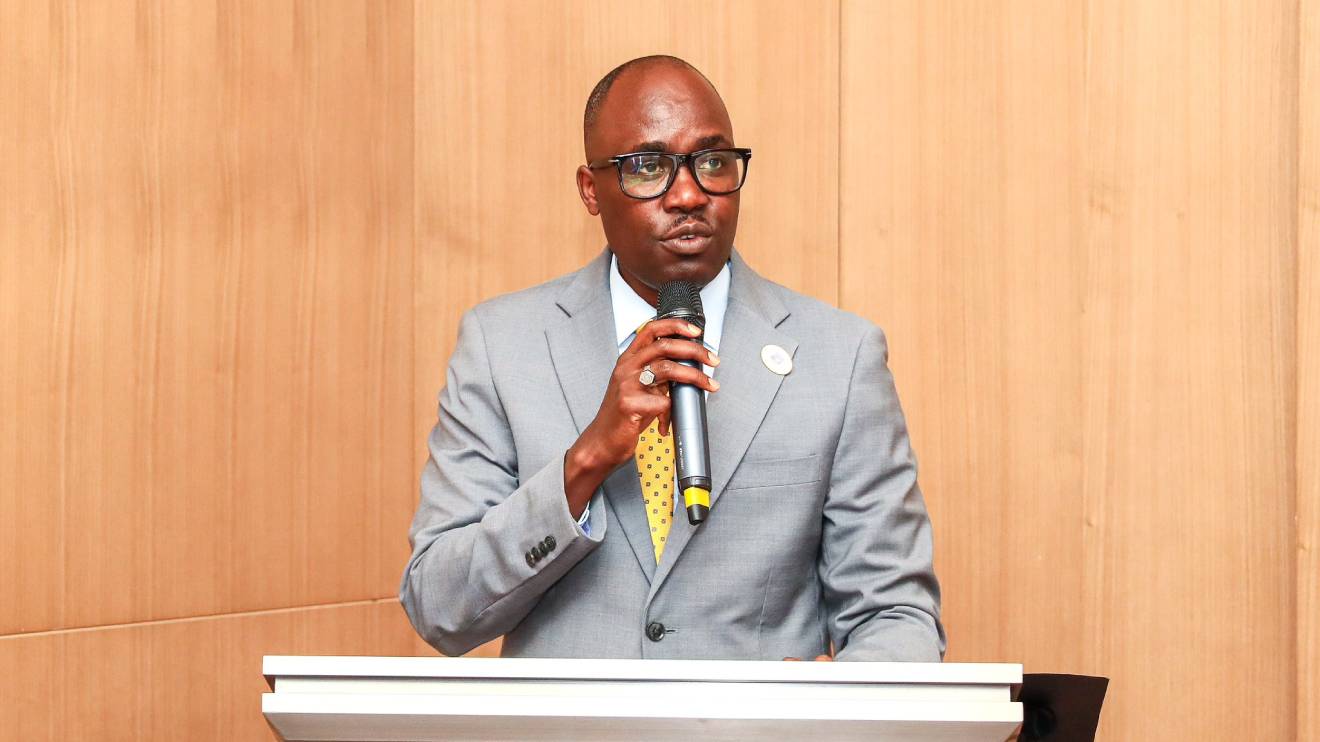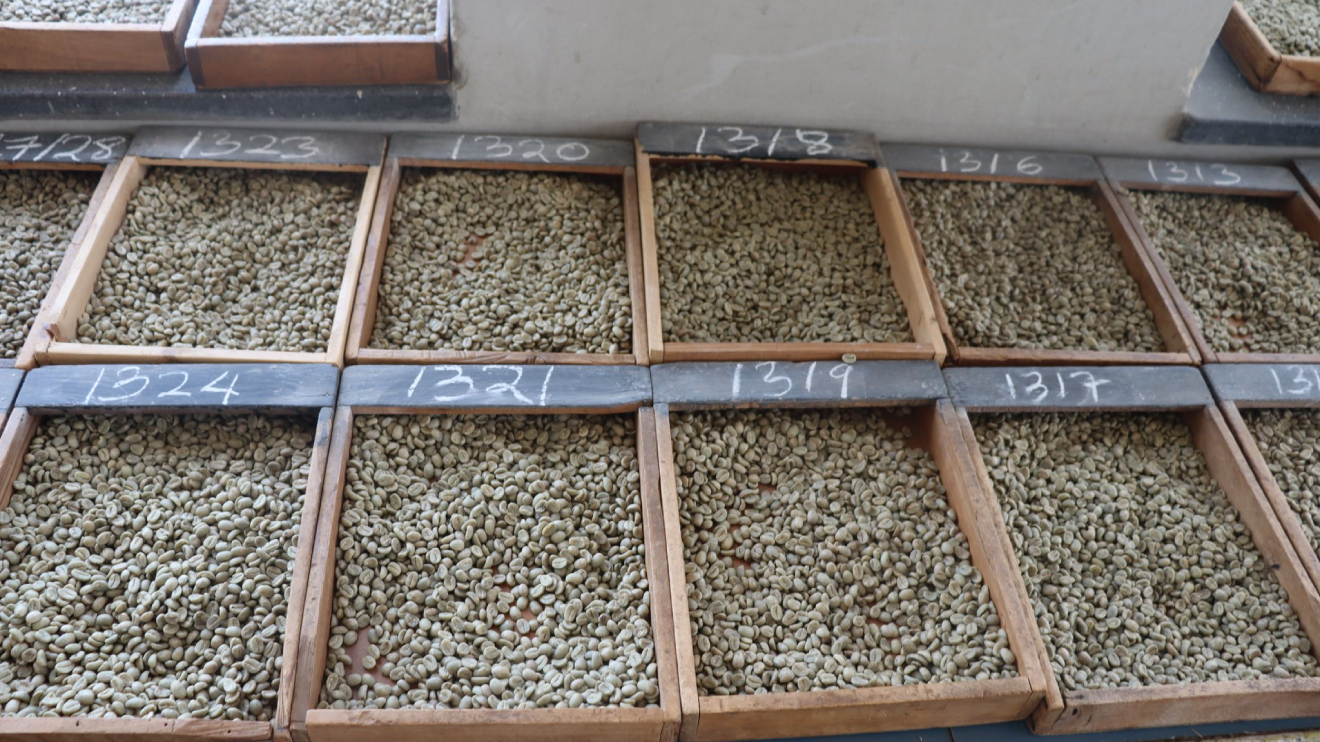The education sector is set to receive a substantial allocation of the Sh187.3 billion mini-budget, with a particular focus on addressing various shortfalls within the department, as announced in the supplementary budget submitted to the National Assembly on Thursday.
The supplementary budget allocates a staggering Sh62.1 billion to the education sector, highlighting the government's commitment to bolstering this vital domain.
The allocation is expected to alleviate funding constraints across various segments of education, particularly in response to growing demands and new educational initiatives.
One of the major beneficiaries of this supplementary budget is the State Department for Higher Education and Research, which will receive an additional Sh29.3 billion.
This substantial increase will elevate the department's total budget for the fiscal year ending in June to Sh157.9 billion, a substantial rise from its initial allocation of Sh128.6 billion.
Read More
The Treasury has outlined that this boost is primarily attributed to addressing a shortfall in funding various educational endeavours, such as scholarships for university students, Higher Education Loans Board (HELB), and Open University.
The Teachers Service Commission (TSC) is also set to benefit from the supplementary budget, with an increased allocation of Sh19.7 billion.
This funding is earmarked for teachers' resource management and aims to combat the severe shortage of educators, which has been exacerbated by the implementation of the competency-based curriculum.
The State Department for Vocational and Technical Training is expected to receive an additional Sh4.1 billion, increasing its total allocation for the fiscal year to Sh32.5 billion.
This increase is intended to address funding shortfalls for the new funding model for technical vocational education training (TVET), a significant sector in the country's educational landscape.
Notably, the funding structure for universities and TVETs is undergoing a substantial transformation, as students will no longer receive grants.
Instead, financing will be tailored to individual students' needs, reflecting a more personalized approach to higher education.
The supplementary budget also allocates an additional Sh5.3 billion for secondary education, reinforcing the government's commitment to enhancing the quality of education throughout the country.
These funds will help address critical issues related to secondary education.
In the past, funding to universities was based on the differentiated unit cost model, which allocated funds based on the number of undergraduate students and the types of courses offered by each institution.
The new funding approach, which considers individual students' needs, signifies a significant shift in the way higher education will be financed.
The State Department of Basic Education is set to receive an additional Sh8.9 billion, with a substantial portion of these funds, Sh4.4 billion, aimed at addressing shortfalls in Junior Secondary School capitation and the Kenya National Examination Council.
These additional funds are pivotal in preparing for the upcoming grade eight rollout, expected to commence in January next year.
The infusion of funds into primary education is also expected to ameliorate some of the challenges posed by the rollout of the Competency-Based Curriculum (CBC).
These challenges include addressing inadequate infrastructure, such as classroom shortages, and ensuring the availability of necessary educational materials.

